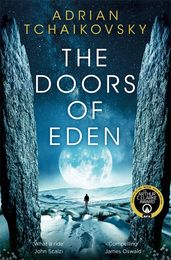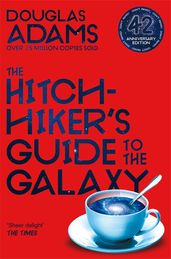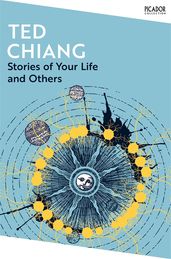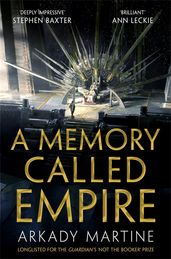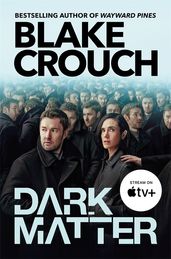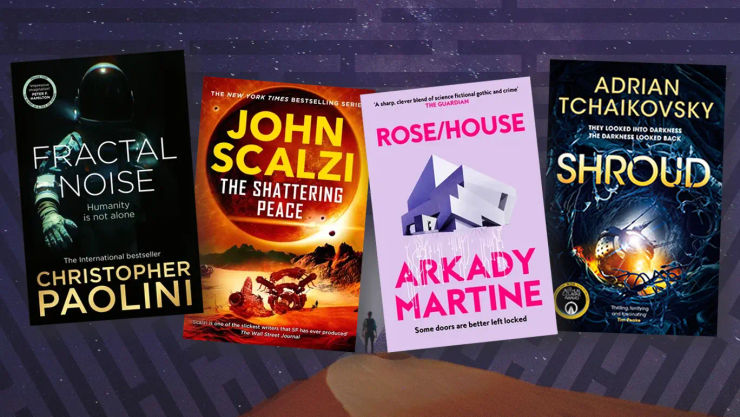The best sci-fi books for beginners
Science fiction doesn’t have to be intimidating. Whether you usually read literary fiction or crime thrillers, here’s our edit of the best science fiction books for readers who are new to the genre.
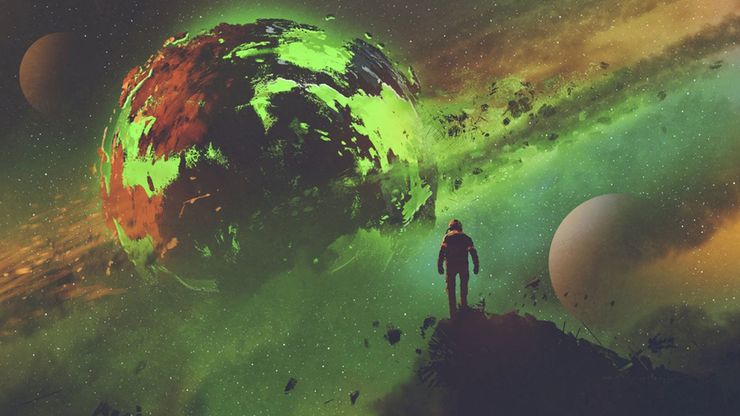
If you’re new to reading science fiction, all the talk of wormholes, advanced technology and space warfare can be daunting. But science fiction offers plenty of accessible, immersive writing for every type of reader. Here we share recommendations for the best science fiction books for those new to sci-fi.
If you'd like more inspiration, discover our edit of the best sci-fi books.
Science fiction is a really entertaining and rewarding genre, delving into the consequences of progress and technology, taking us on extraordinary adventures with fascinating world-building, exhilarating action sequences and characters you can really root for, at the same time as offering insightful commentary on our current world. It's escapism meets introspection.
It can also be intimidating for those new to it. And with thousands of novels and dozens of subgenres to choose from, it's easy to become caught up in decision paralysis. Here, we suggest some brilliant and accessible sci-fi books that are great for 'beginners' – who may also want to take a look at our guide to science fiction subgenres.
The best science fiction books for readers new to the genre
The Doors of Eden
by Adrian Tchaikovsky
Lee and Mal went looking for monsters on Bodmin Moor four years ago, and only Lee came back. She thought she’d lost Mal forever, now miraculously returned. But what happened that day on the moors? And where has Mal been all this time? Mal's reappearance hasn’t gone unnoticed by MI5 either, and their officers have questions. . .
Adrian Tchaikovsky is a highly regarded and hugely prolific science fiction author, and The Doors of Eden is a great place to start with his work. It's full of complex but easy to grasp scientific concepts, effortlessly empathetic leads, plus it's a standalone: sci-fi is fond of a series, which can feel like a big investment when you've not tried the genre before, and this is a nice way of dipping your toe in.
Children of Time
by Adrian Tchaikovsky
In the far future, the Earth is dying. A desperate envoy is sent into deep space to search for the remnants of an experimental terraforming scheme. They discover the greatest treasure of the past age: a glorious new Eden. But the planet is not waiting for them, pristine and unoccupied.
No sci-fi list would be complete without one of Tchaikovsky’s most critically acclaimed novels, Children of Time. This is a hard sci-fi space opera. Intelligently crafted, Children of Time focuses on biological evolution, space travel, survival and cooperation. The climactic sequences are action-packed and memorable.
The Hitchhiker’s Guide to the Galaxy
by Douglas Adams
The Hitchhiker's Guide to the Galaxy has been a radio show, TV show, stage play, comic book and film, and is and a work of utter comic genius by Douglas Adams. Since publication, it quickly became what can only be described as a phenomenon. A comedy sci-fi classic, this laugh-out-loud romp through space is the first of five books in a 'trilogy', and sees protagonist Arthur Dent narrowly escape the destruction of Earth by hitching a ride on a spaceship with his alien best friend Ford Prefect. If nothing else, it will at least remind you to never forget a towel.
Stories of Your Life and Others
by Ted Chiang
If you're a literary fiction reader, this collection of sci-fi short stories could be your gateway into the genre. Emotional and humane, insightful and intelligent, this is a beautiful collection. The title novella, Story of Your Life, inspired the award-winning film Arrival.
A Memory Called Empire
by Arkady Martine
If you love a crime novel or a thriller, this murder mystery full of political intrigue will sweep you into sci-fi. Ambassador Mahit Dzmare travels to the Teixcalaanli Empire’s interstellar capital, eager to take up her new post. Yet when she arrives, she discovers her predecessor was murdered. But no one will admit his death wasn’t accidental – and she might be next. Get ready for intricate world building, a great female voice and LGBTQIA+ representation.
Dark Matter
by Blake Crouch
Jason Dessen has been abducted. His life has been stolen. To get it back, he will go on a journey more wondrous and horrifying than anything he could have possibly imagined. This book is a great illustration that sci-fi novels can be easy to understand, unputdownable, thrilling and thought-provoking all at once. Dark Matter is clearly designed to entertain, and Blake Crouch has certainly succeeded. This brilliantly plotted tale is mind-bendingly strange but profoundly human.
Kindred
by Octavia Butler
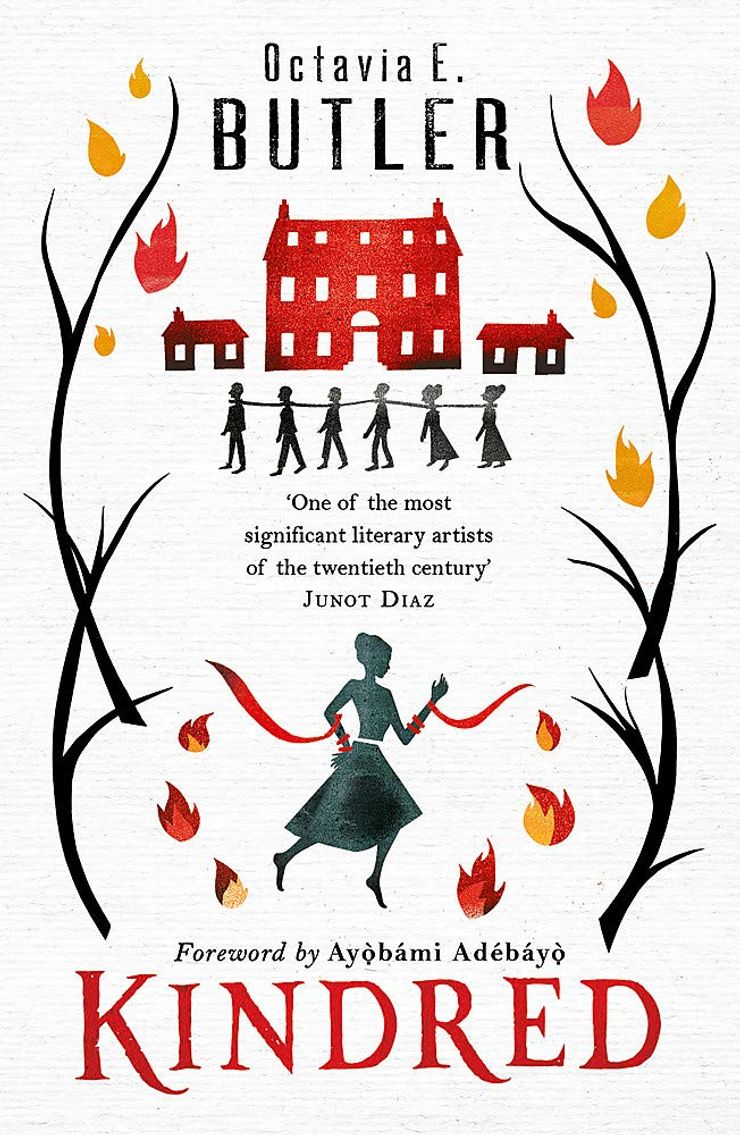
Although forty years have passed since this book was first published, its social commentary and raw portrayal of slavery still cuts deeply. Dana, a young African American woman living in LA in 1976, finds herself transported to a pre-Civil War Maryland plantation, where she meets her ancestors. A powerful combination of historical fiction and sci-fi, Kindred forces its readers to think: what would I do if I were in that situation?
